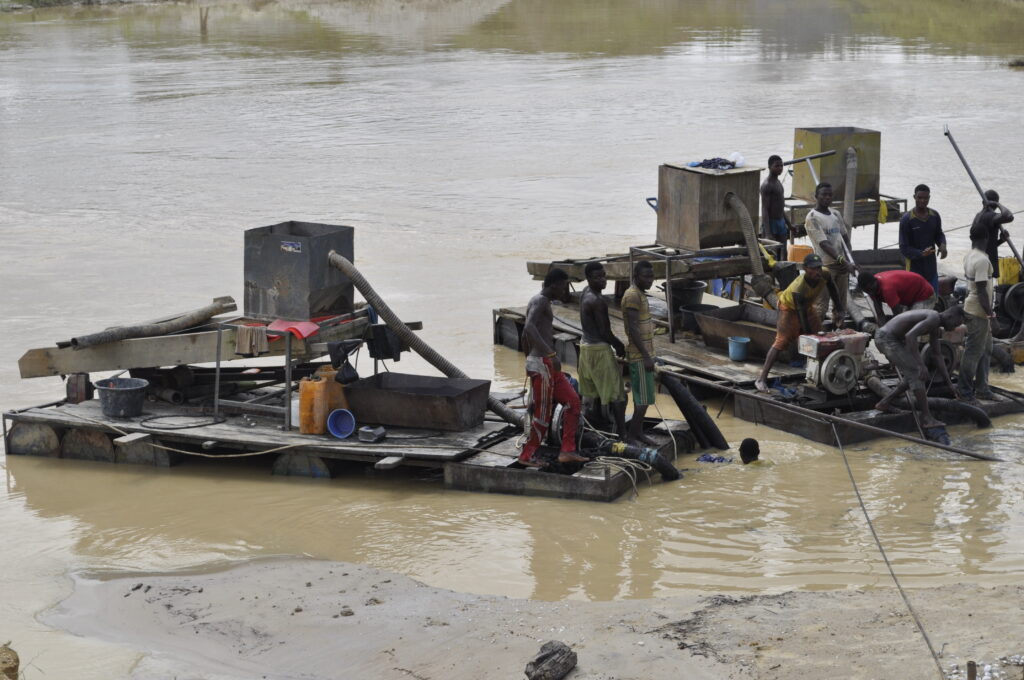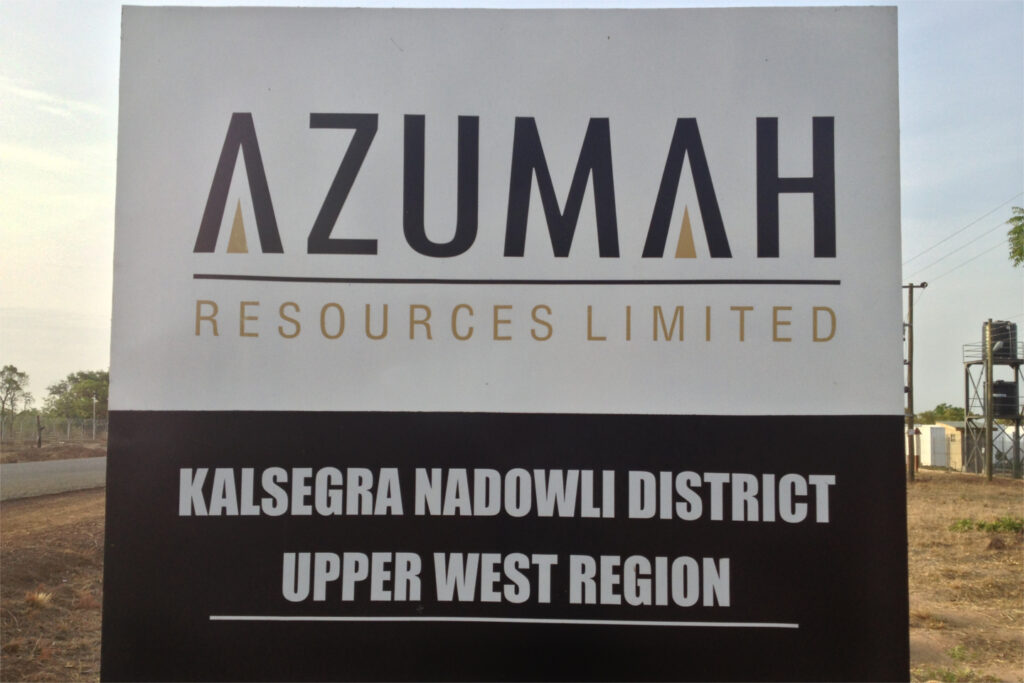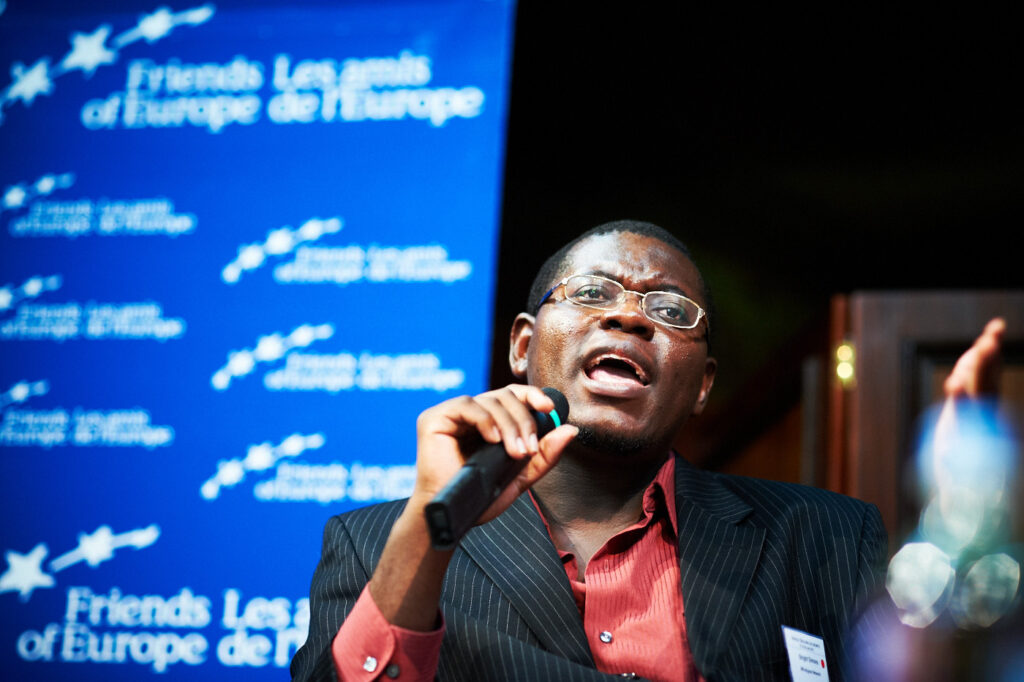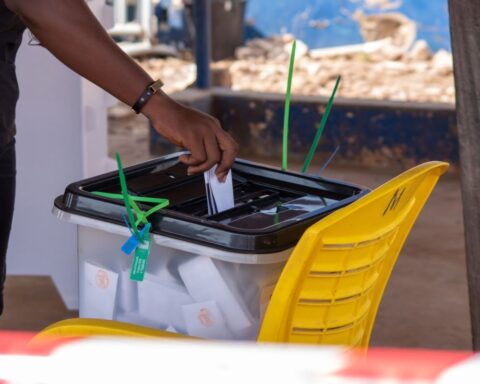A protracted dispute over a major gold deposit in Ghana’s Upper West region has taken a dramatic turn, with allegations of an unauthorized corporate takeover that could expose the country to billions in legal claims.
The Black Volta gold mine, holding nearly two million ounces of reserves, has become a flashpoint for concerns about political influence, regulatory overreach, and the sanctity of foreign investments in Africa’s mining sector.
The saga, which pits a politically connected Ghanaian firm against an international private equity fund, highlights the challenges of developing natural resources in a region plagued by illegal mining, known locally as galamsey.
As arbitration proceedings falter and public denials mount, the project remains stalled, delaying potential economic benefits for one of Ghana’s poorest areas.
Here’s what readers need to know, based on detailed analyses and recent developments.

A Promising Deposit Mired in Decades of Setbacks
Exploration of the Black Volta area, encompassing sites like Kunche, Bekpong, and Julie-Collette, began in the early 1990s but repeatedly stalled due to high risks and costs. Progress accelerated in 2005 with the formation of Azumah Ghana, a joint venture between local and foreign investors.
By 2006, Azumah Resources was listed on the Australian Stock Exchange, raising funds for drilling that confirmed commercial reserves of about 400,000 ounces by 2012.
In 2017, Ibaera Capital — a fund led by Australian and American mining veterans — invested around $13.5 million for a 42.5% to 47.5% stake, taking full control in 2020 with an additional $40 million commitment.

These efforts expanded reserves to nearly 1.8 million ounces, projecting an 11-year mine life with annual production of up to 150,000 ounces at $905 per ounce — feasible with gold prices above $1,350. Total exploration costs exceed $120 million, transforming a speculative site into a viable operation that could generate thousands of jobs.
Yet, the mine remains undeveloped, hampered by legal battles and competing claims that have delayed progress by at least 15 months.
The Central Players in the Conflict
- Ibaera Capital: The current owner of Azumah Resources and its Ghanaian subsidiary, Azumah Ghana, which holds the mining licenses. Ibaera has emphasized its technical and financial contributions, including advanced exploration that significantly boosted reserves.
- Engineers & Planners (E&P): A Ghanaian mining services company led by Ibrahim Mahama, brother of Ghana’s president. E&P entered in 2023 with an agreement to fund up to $100 million for participation rights and debt clearance, plus potentially $200 million for construction, in exchange for equity based on value added. The deal allowed E&P to appoint two board members to Azumah Ghana and build ties with the company secretary, who acted as share trustee.
- ECOWAS Bank for Investment and Development (EBID): A regional development bank that announced financing for the mine in July 2025, at a ceremony attended by its president and E&P representatives. Ibaera denied involvement, calling the event unauthorized. EBID’s leadership includes Ghana’s finance minister as chairman of governors, raising questions about impartiality.
Government bodies, including the Minerals Commission and Ghana Revenue Authority, have been involved, with E&P allegedly using influence to address tax issues while advancing its position.
A Timeline of Mounting Tensions
- 1992-2016: Intermittent exploration confirms potential, but early investors withdraw; Azumah Resources raises capital and drills to establish reserves.
- 2017-2020: Ibaera invests and assumes full ownership, committing further funds to expand reserves.
- September 2023: E&P signs an agreement with Ibaera to develop the mine, earning shares proportional to contributions.
- May 2024: Disputes emerge over financing; E&P controls a project account, spending $500,000 to $1 million on legal fees instead of mine work.
- October 2024: E&P initiates London arbitration, claiming $5.5 million in expenditures and accusing Ibaera of obstructing the deal.
- December 2024: Ibaera terminates the agreement, citing missed deadlines.
- July 2025: EBID announces financing at an Accra event, despite Ibaera’s denials; controversy prompts Ghana’s mines minister to push for a settlement during an Australian conference.
- Early September 2025: E&P withdraws from arbitration, then announces takeover of Azumah using the company’s letterhead, claiming ownership of Black Volta and Sankofa projects. It allegedly transfers Ibaera’s shares from the trustee to itself without payment, with Minerals Commission approval — defying the minister’s recent assurances of an imminent amicable resolution.
- September 8, 2025: Azumah issues a denial, affirming no shares were transferred and warning that any forced transfer constitutes expropriation, potentially leading to over $1 billion in claims under Ghanaian and international law. The company plans immediate action at the International Court of Arbitration to protect its assets.
Allegations of Misinformation and Broader Ramifications
E&P has been accused of disseminating false claims, such as Ibaera’s financial distress and lack of value addition since 1992 — contradicted by records of investments and reserve growth.
Critics, including analyst Bright Simons, argue that E&P’s tactics risk fostering “power-anarchy” in Ghana’s mining industry, where political connections override merit and deter foreign capital.

Environmental stakes are high: The Upper West suffers from galamsey, and a regulated mine could mitigate pollution while providing sustainable jobs.
Azumah’s chairman, Prof. Prince Amponsah, called E&P’s announcements baseless and confusing, reiterating focus on $100 million in investments to create 1,000 construction jobs and 420 permanent roles.
EBID’s role has drawn scrutiny over governance, as a publicly funded institution entering a disputed deal without all parties’ consent. The escalating feud could prolong delays, echoing other stalled Ghanaian projects, and test the country’s commitment to rule of law in resource management.
As legal battles loom, the outcome may shape investor confidence across West Africa.
This article was edited with AI and reviewed by human editors





